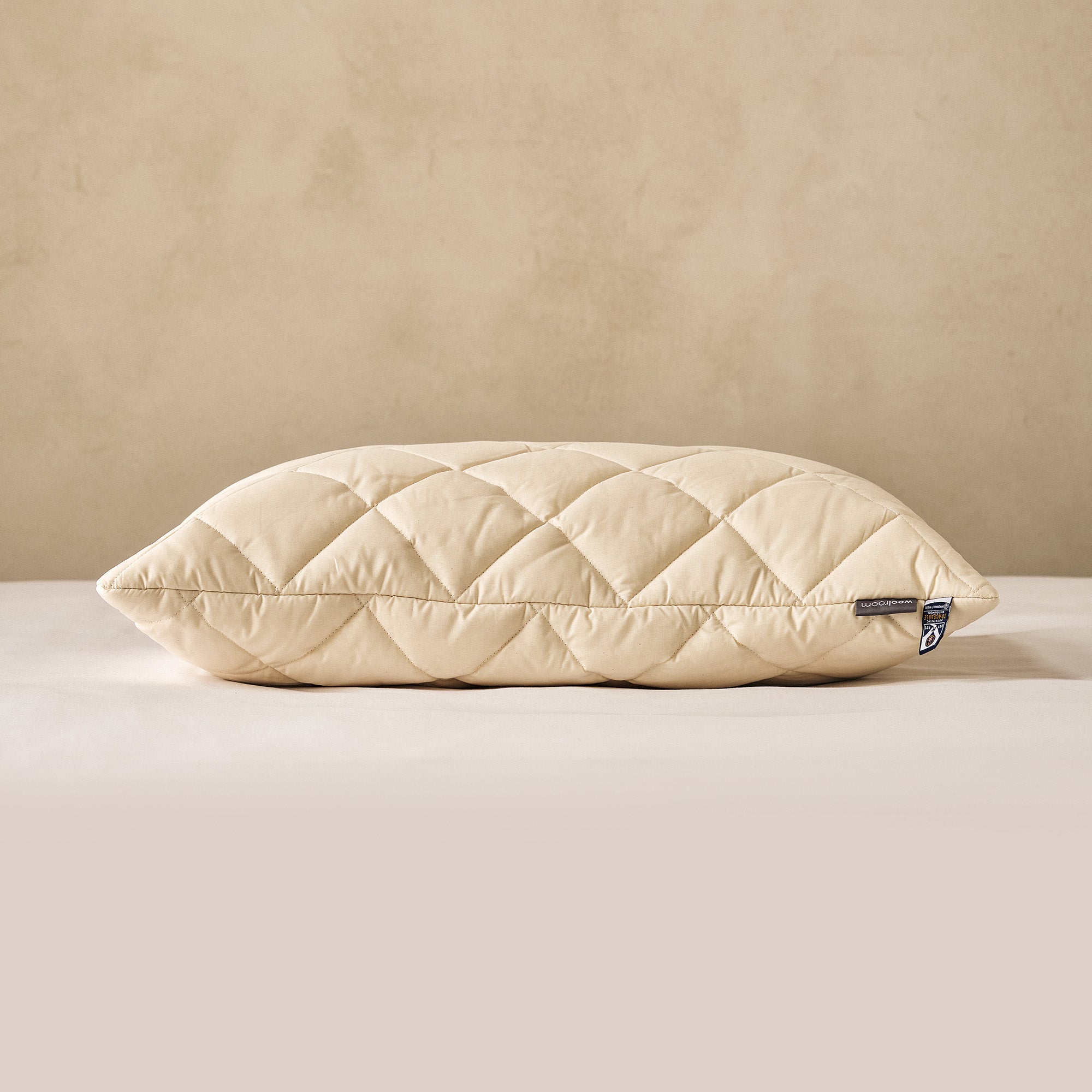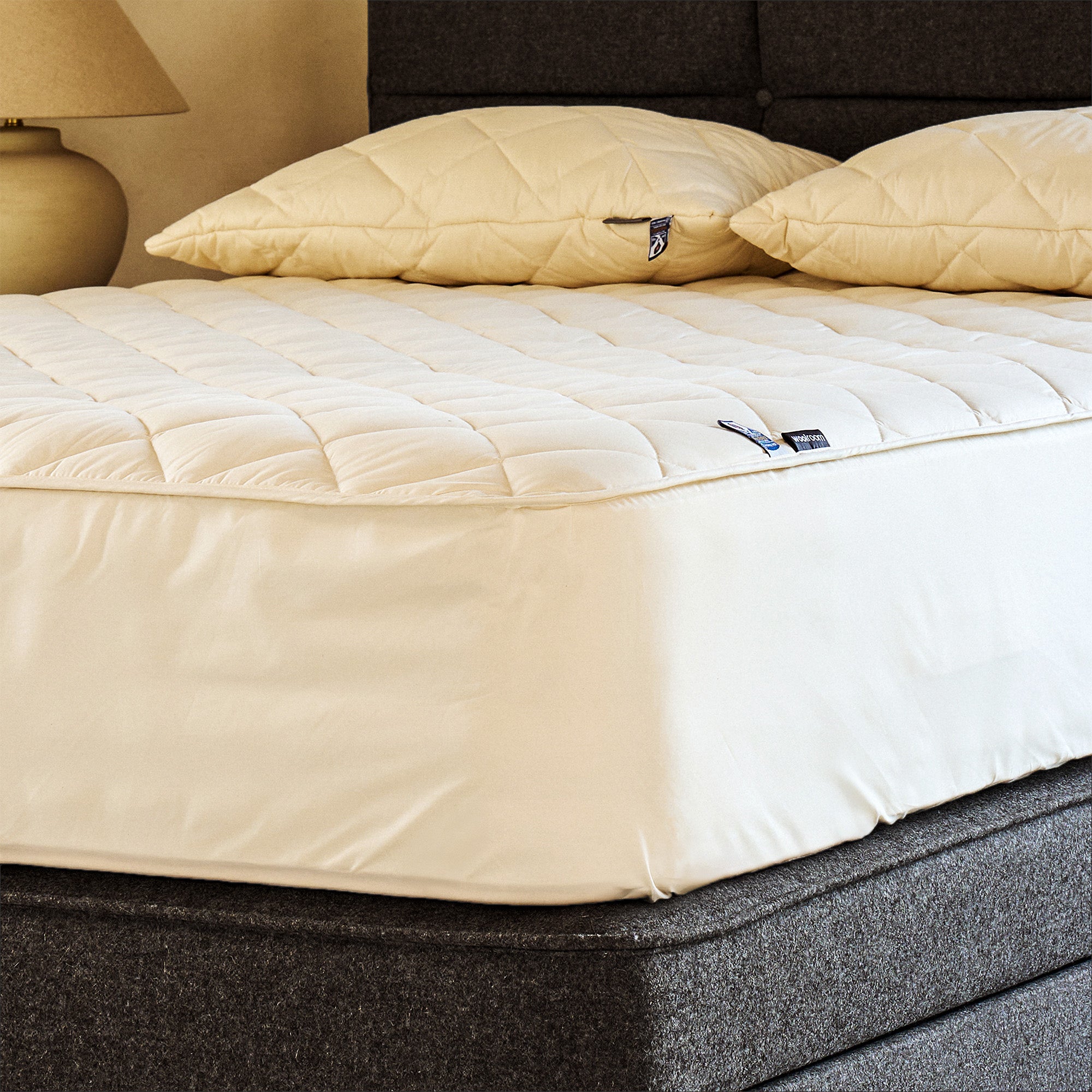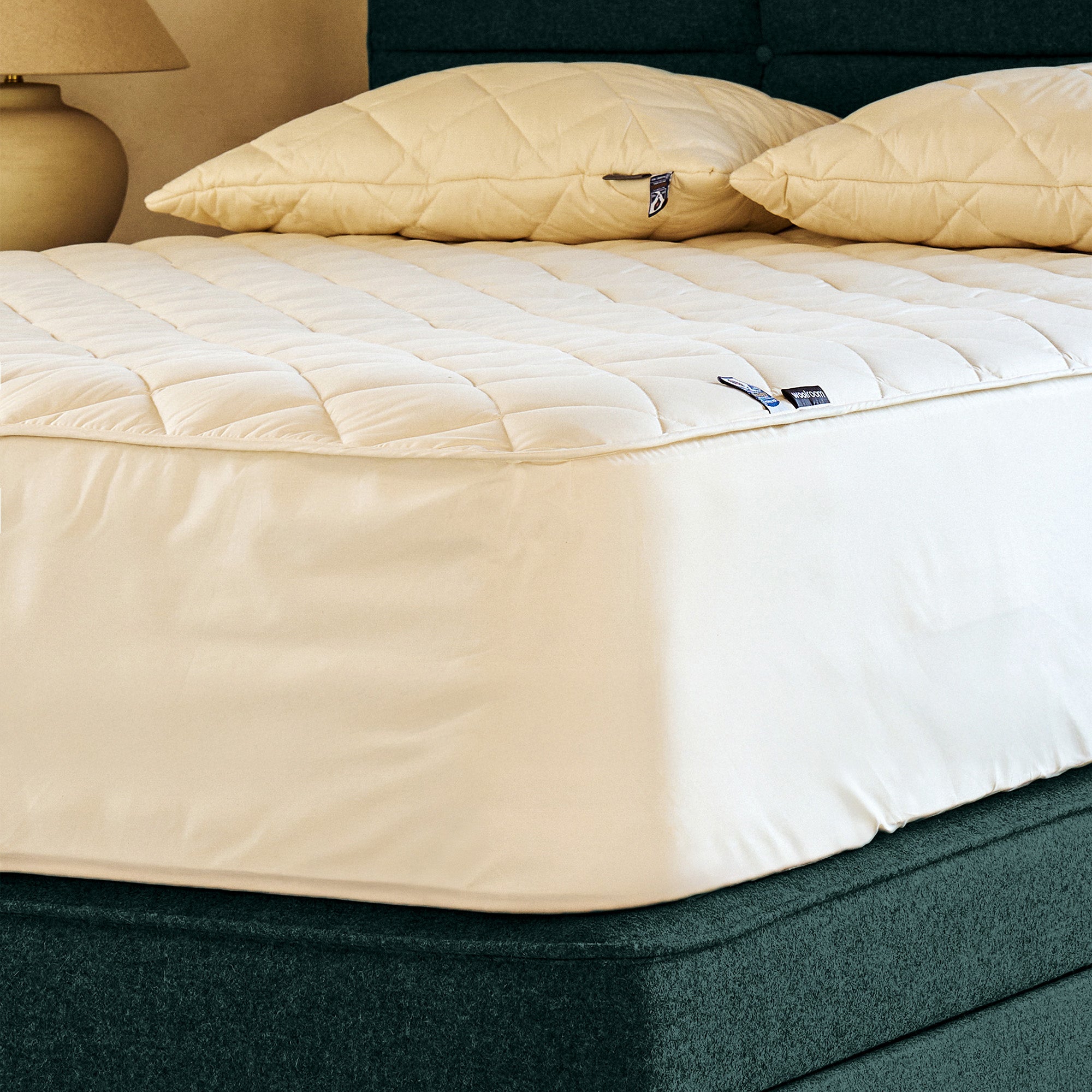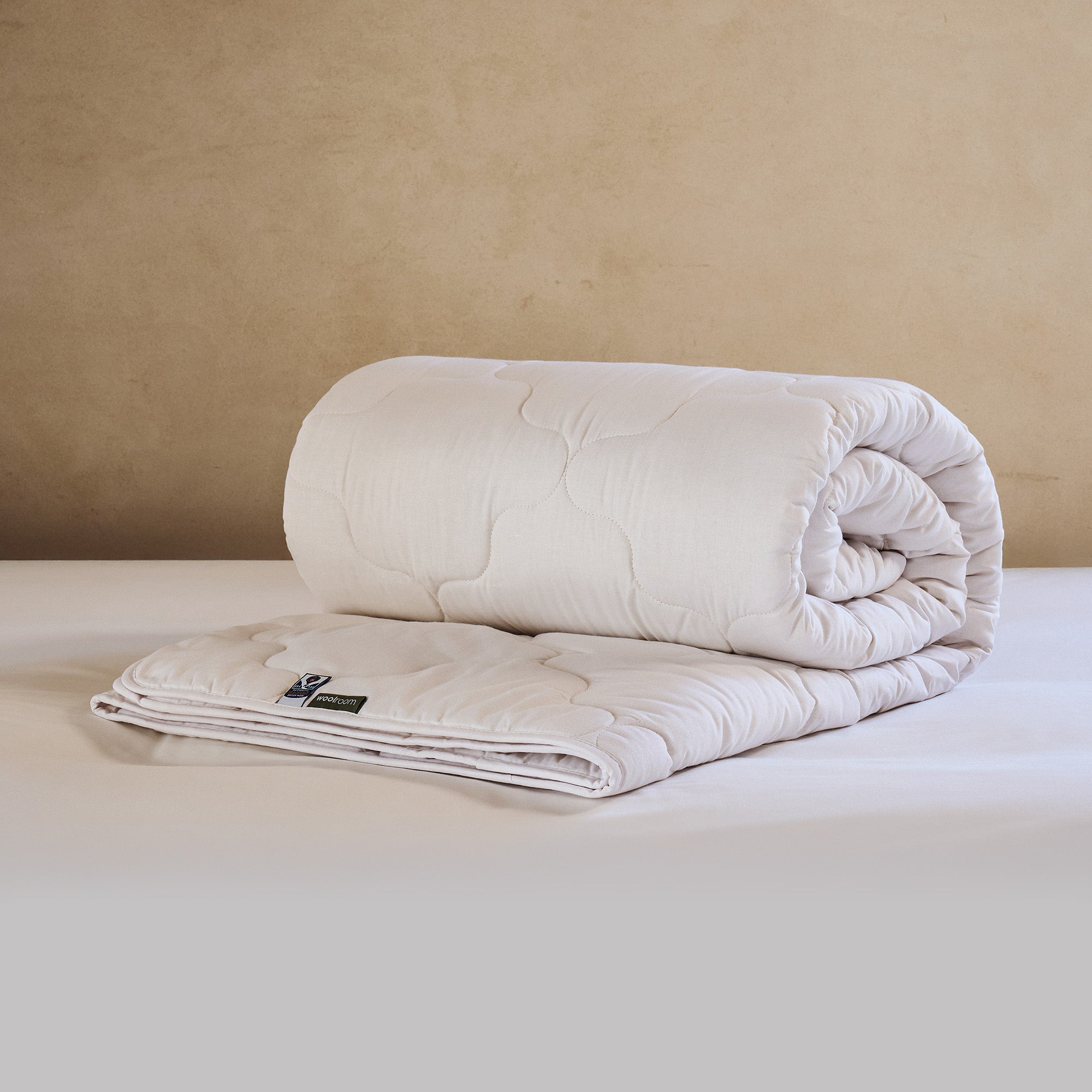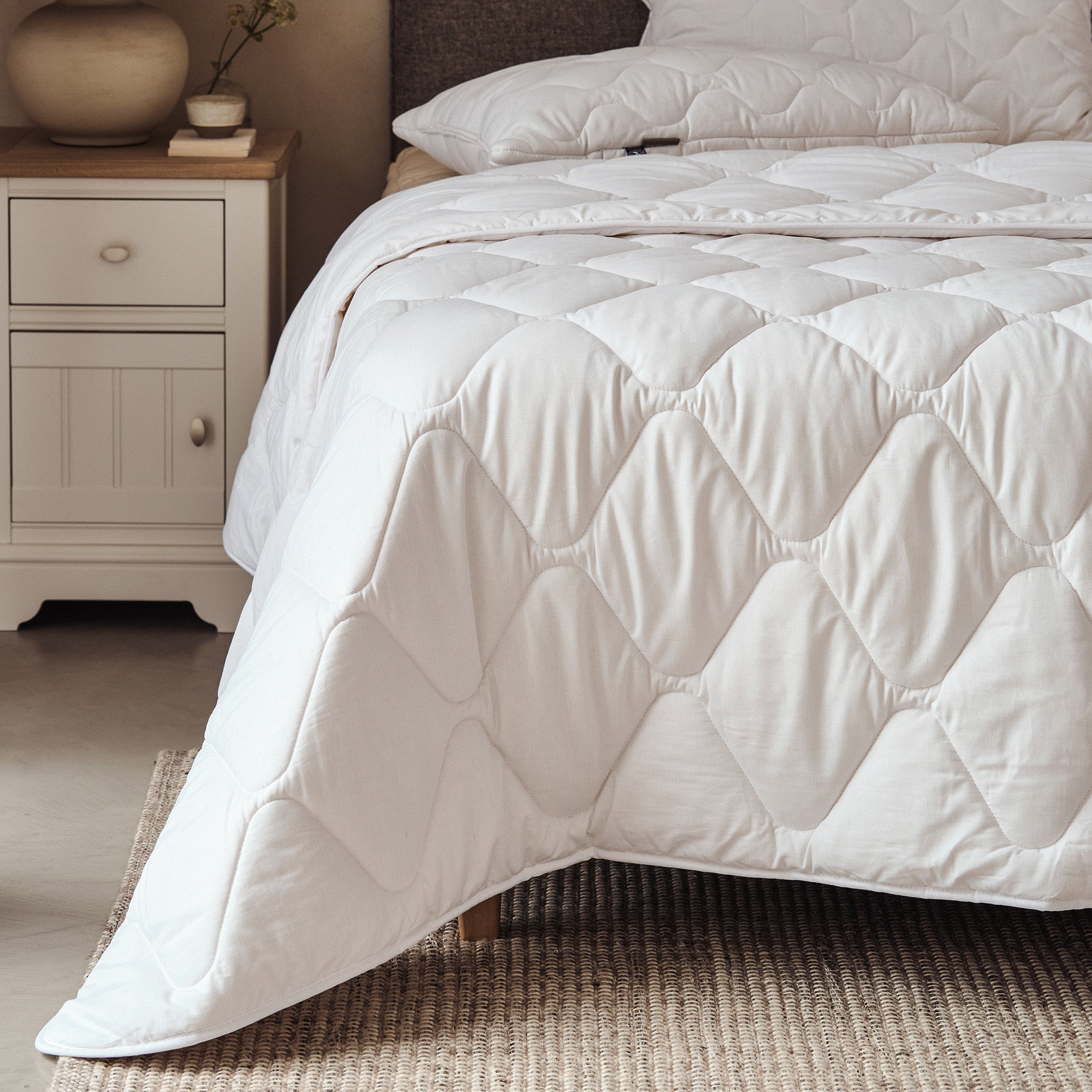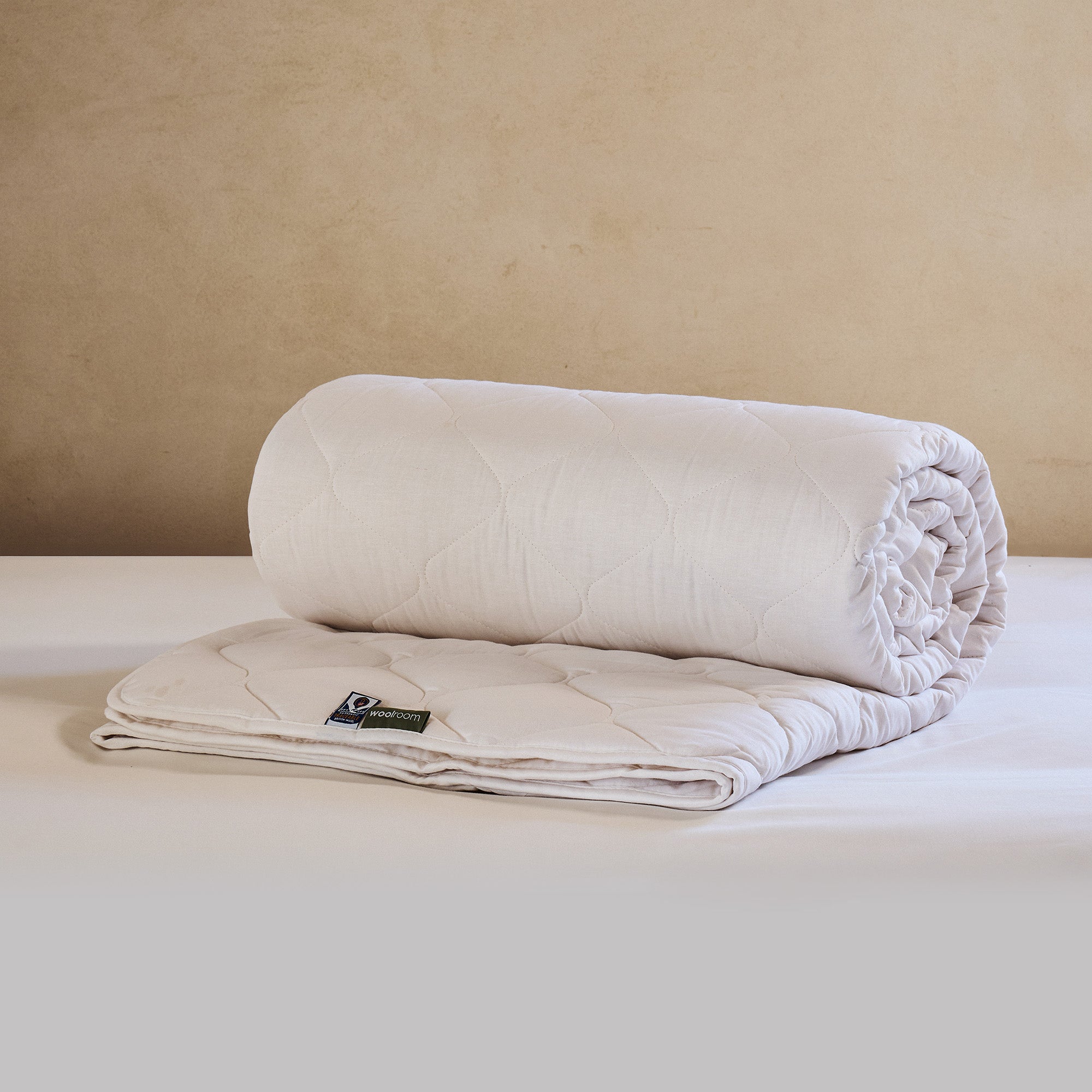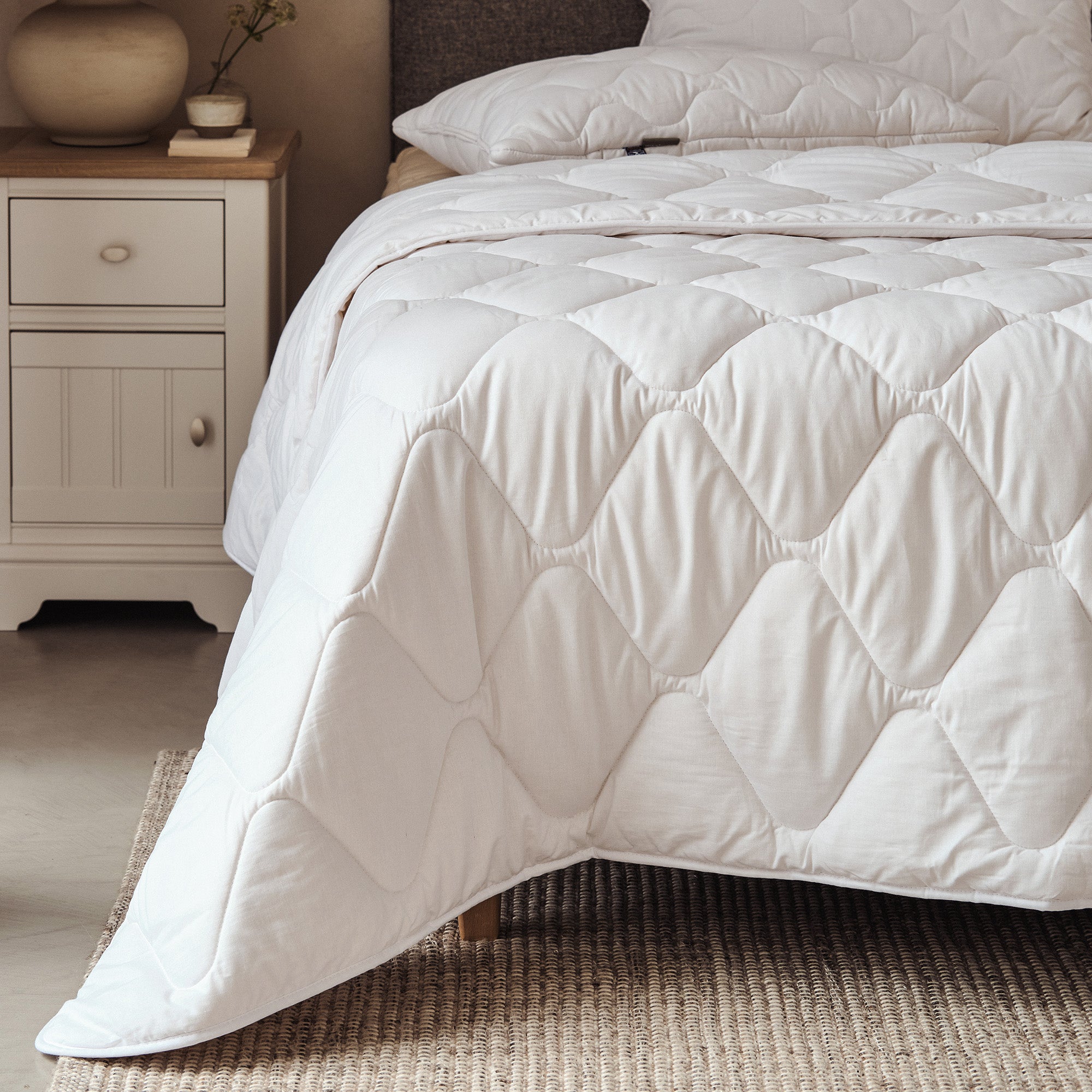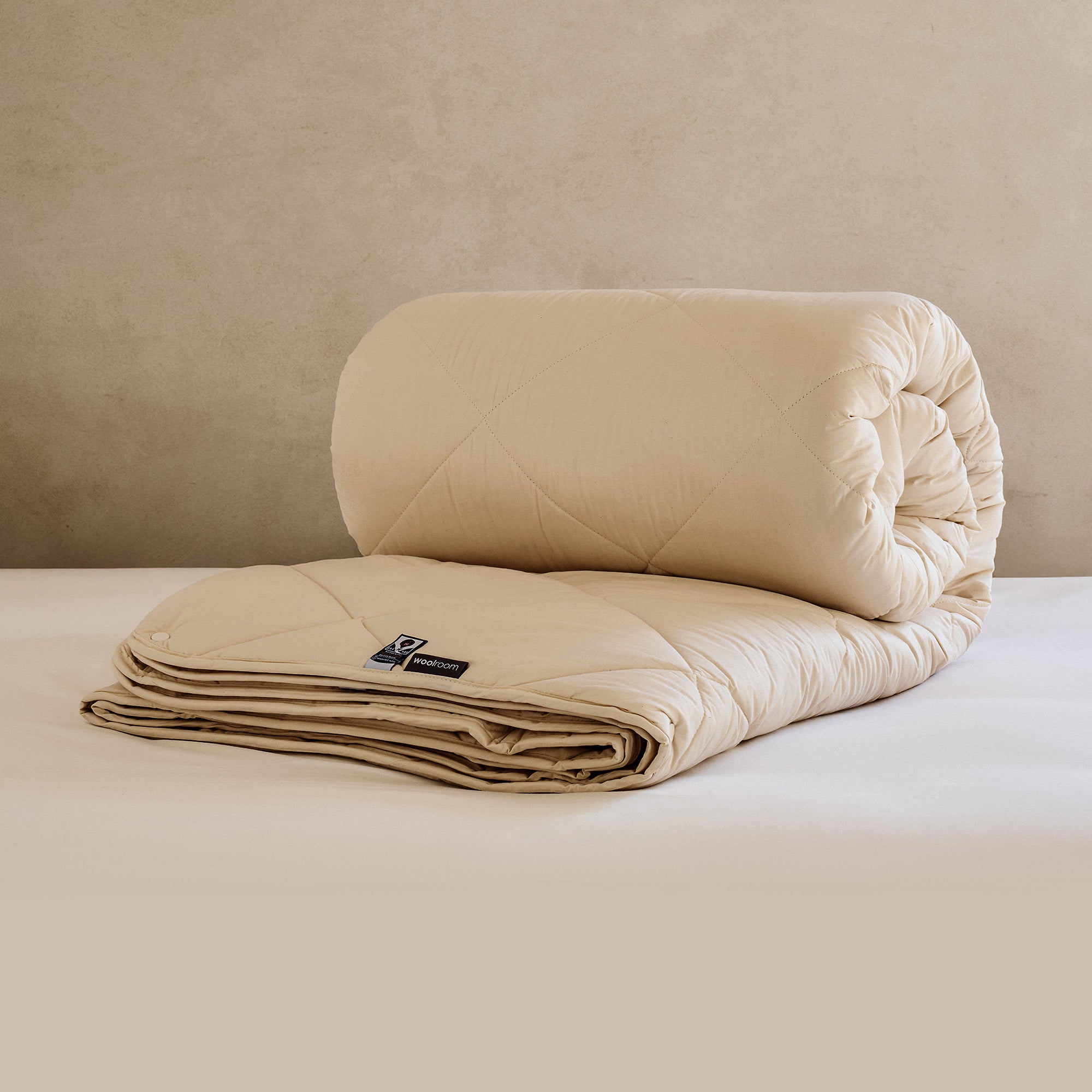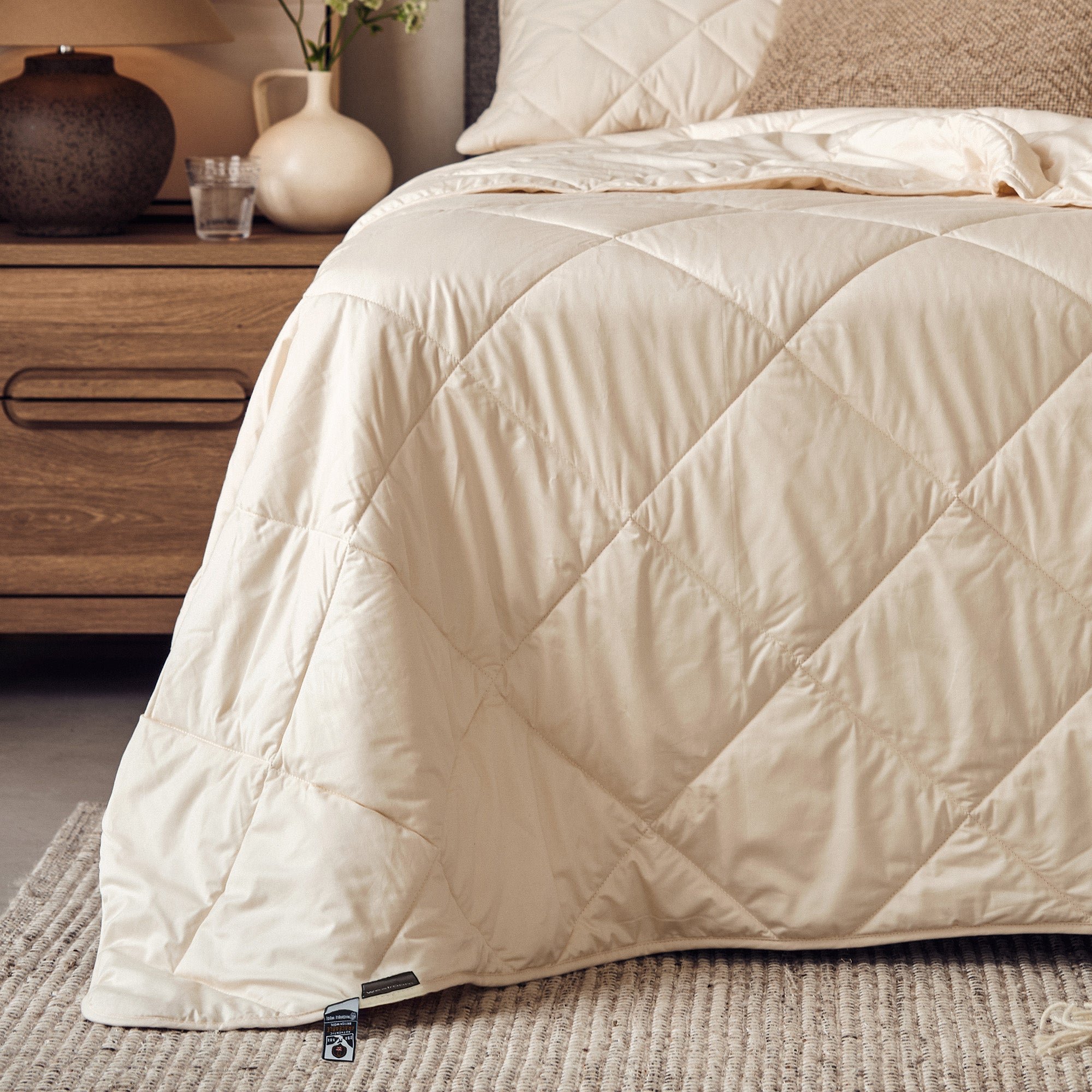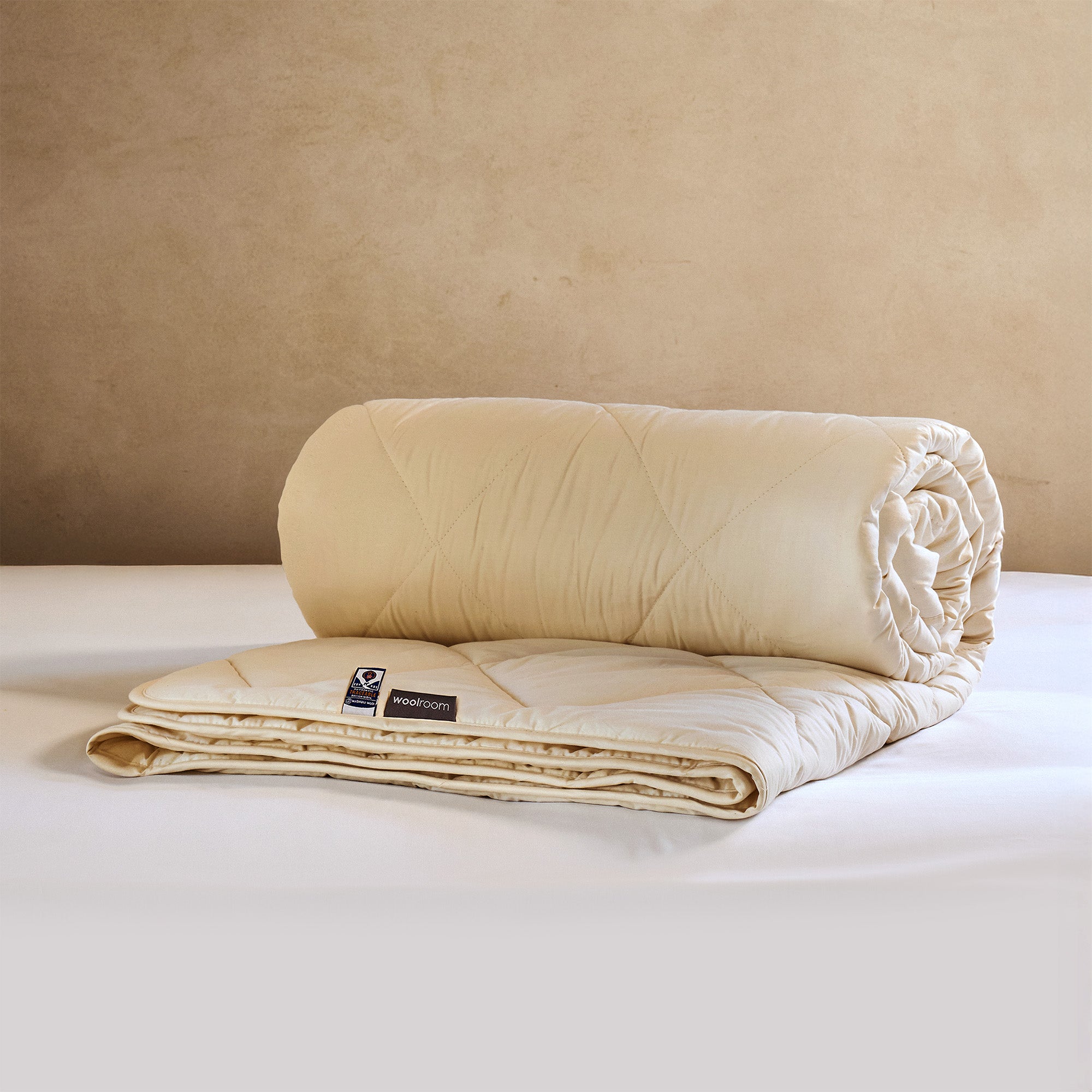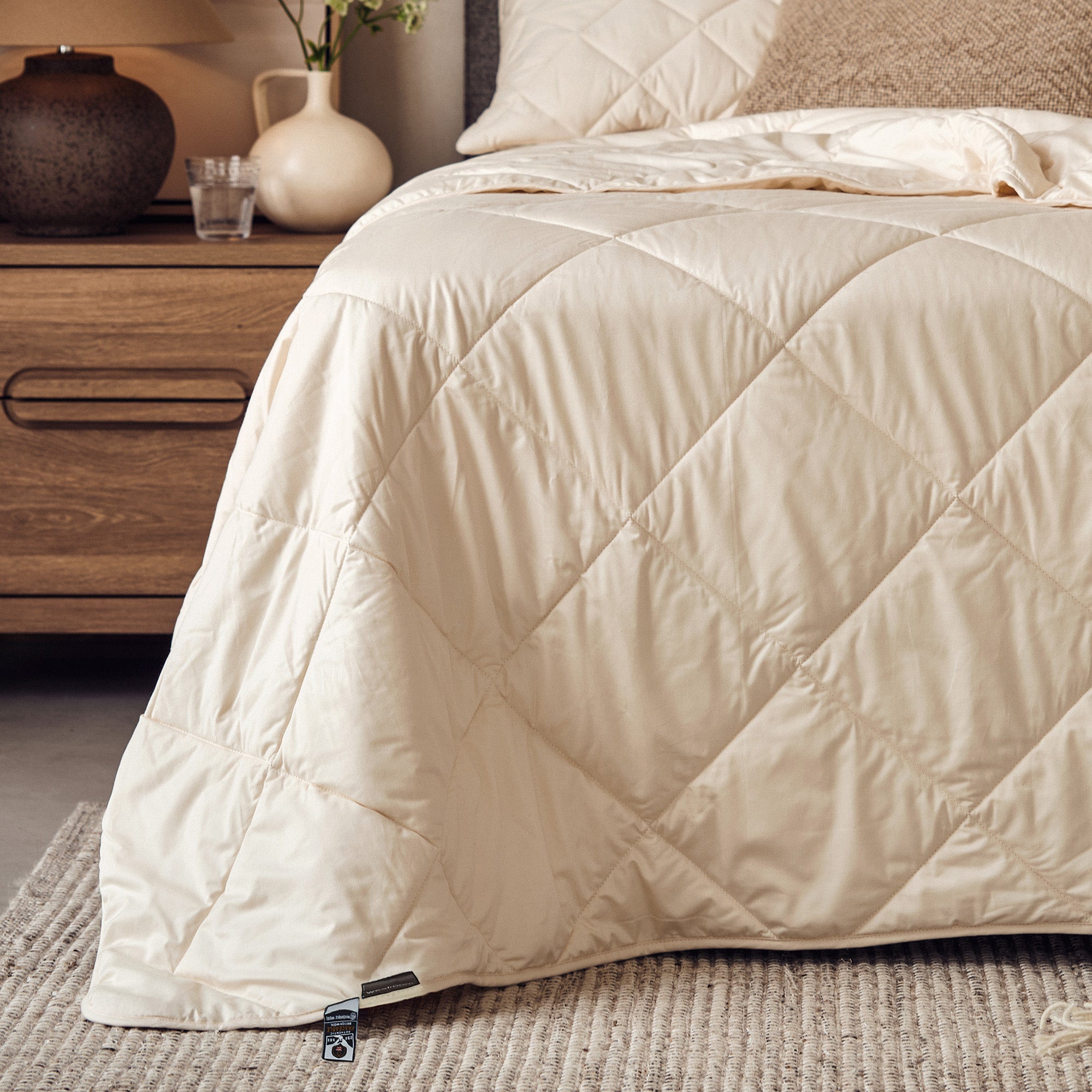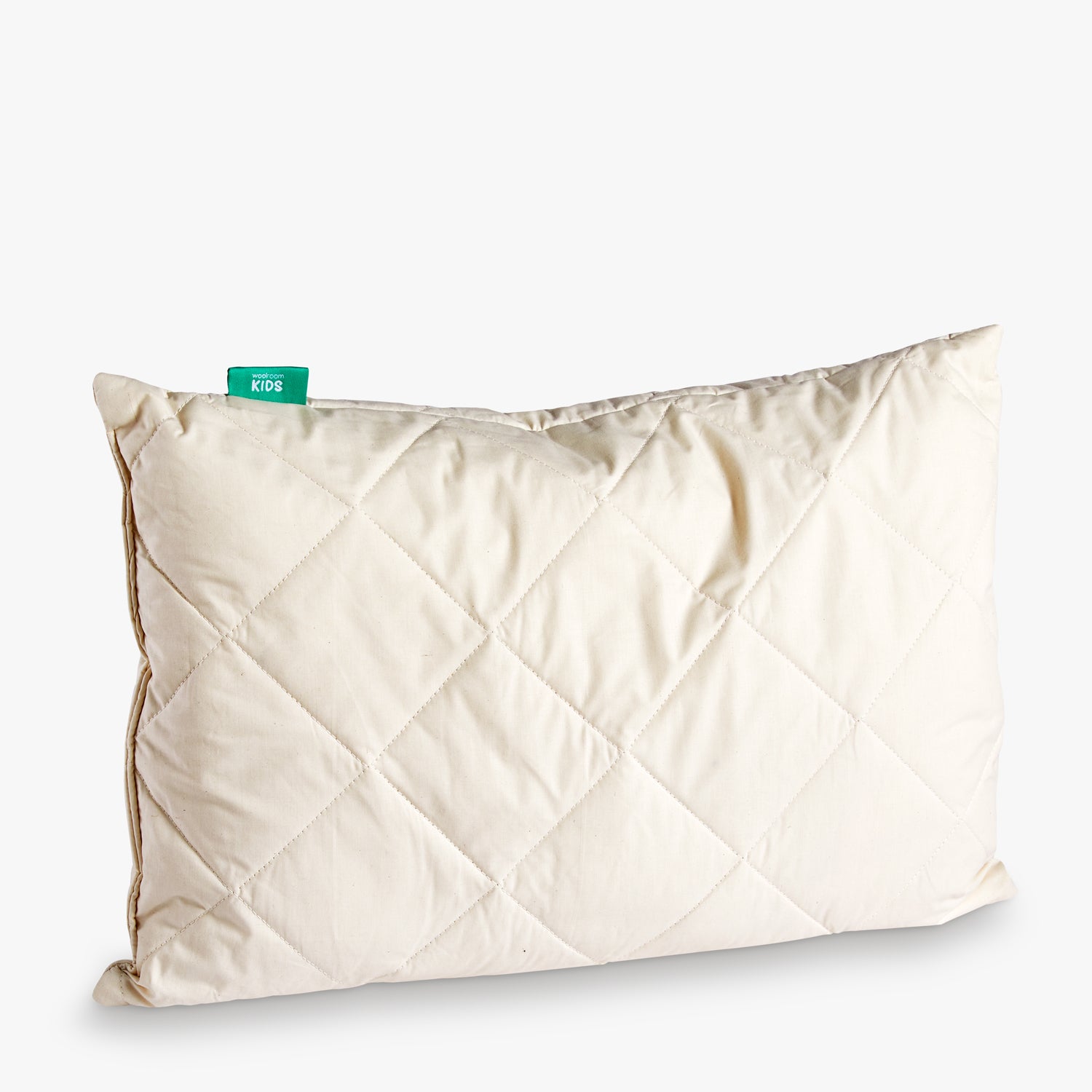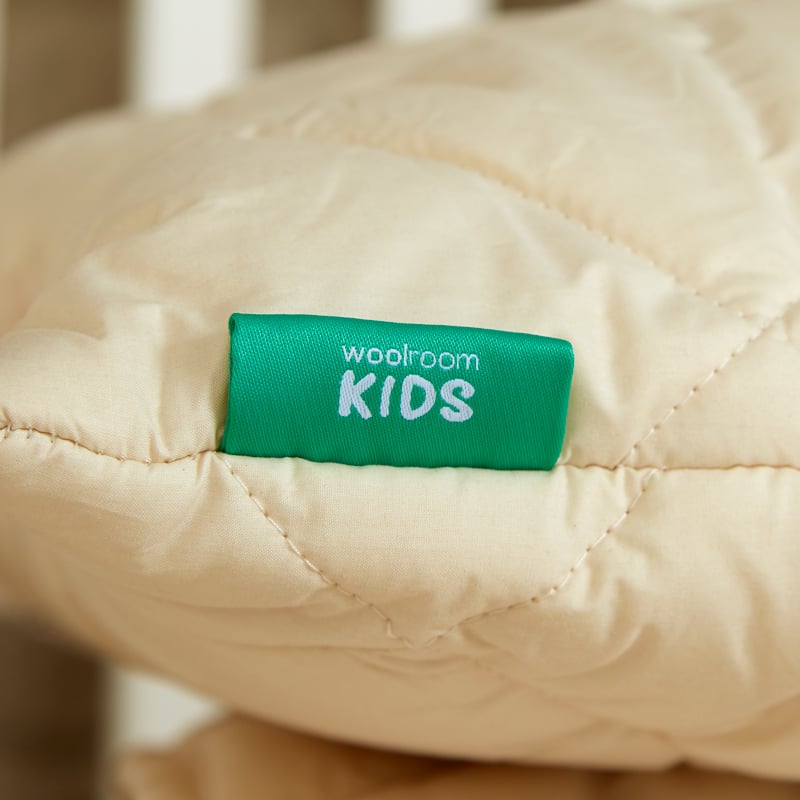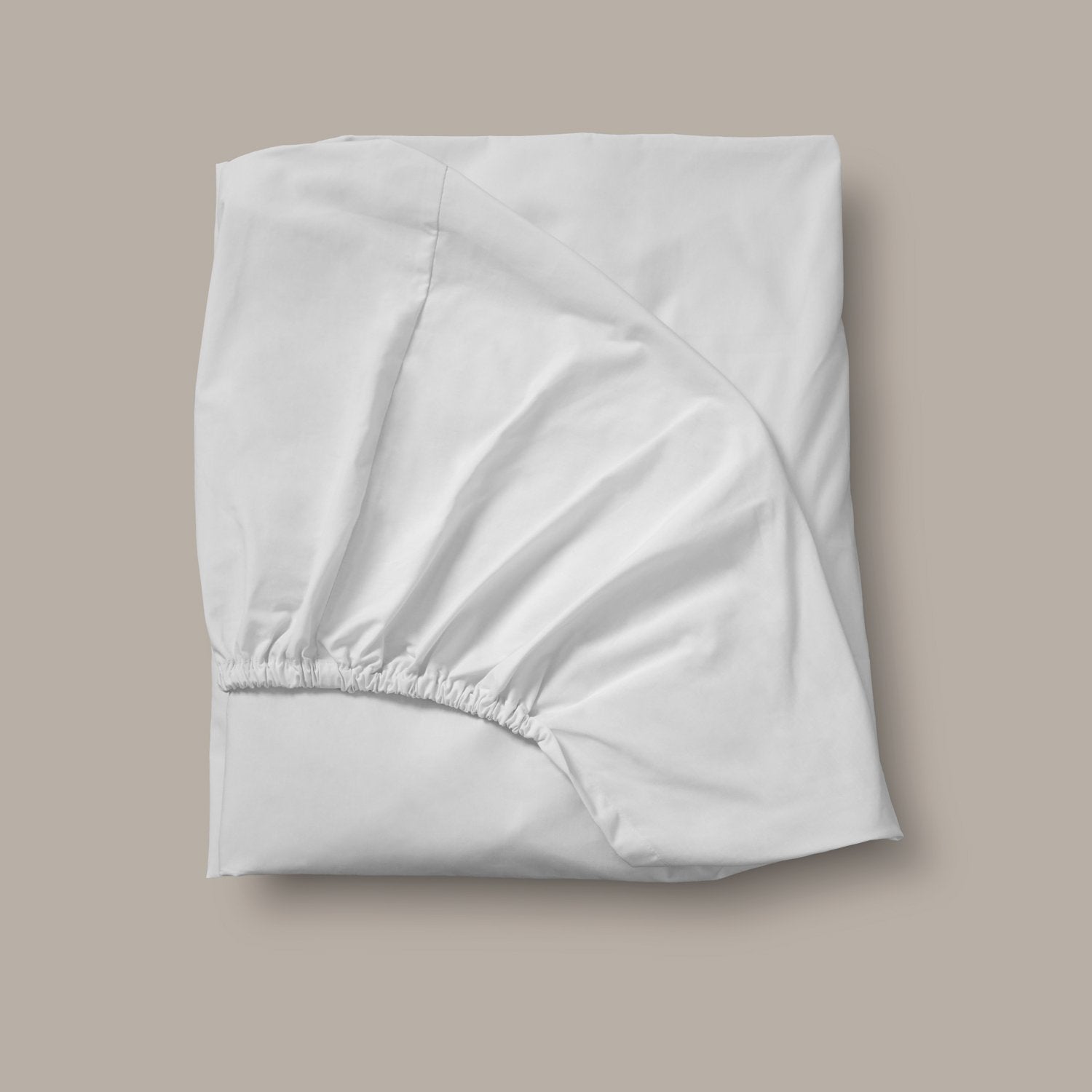Never before have people been more aware of the ethical and environmental impact from the choices they make. From the cars we drive to the labels we wear, many people are opting for companies and brands with aligned values—and very often, those values relate to ethical and sustainable practices from start to finish. It’s why the concept of ethical sourcing has become so important. Ethical sourcing is the process of ensuring that products being sourced are obtained in a responsible, sustainable way, with careful consideration given to the environmental impact and with regard to the way workers are treated.
For most companies, ethical sourcing and sustainability efforts are established to ensure that the finished product lives up to marketing claims. Committing to full transparency and visibility about where your products come from and how they’re manufactured speaks to their reliability and quality. At Woolroom, we’ve been committed to the ethical sourcing and full sustainability of our products from the very beginning. Here’s what that means for our company and our customers.
Woolroom’s Commitment to Ethical Sourcing and Sustainability
Woolroom was founded in 2008, a time when the bed-in-a-box concept was gaining traction. Synthetic and conventional materials were incredibly popular, and wool was so undervalued that farmers were forced to burn it. But as a fibre, wool is truly remarkable. Its inherent ability to regulate temperature and wick moisture makes it ideally suited to bedding, and its sustainability credentials are unrivalled. Wool is biodegradable, renewable and recyclable. To make it ethical, however, requires a commitment to the animals and the people tending them. And that’s exactly what Woolroom does.
We partnered with English and Welsh farmers who raise soft down breeds and abide by the five freedoms outlined in the UK Animal Welfare Act of 2006. It’s a guarantee that the sheep providing our wool have:
- Freedom from hunger and thirst through access to fresh water and a diet that maintains their full health and vigour.
- Freedom from discomfort with a suitable environment that includes adequate shelter and a comfortable place to rest.
- Freedom from pain, injury or disease by prevention or quick diagnosis and treatment.
- Freedom to express normal behaviour with access to space to roam, proper facilities and the company of their own kind.
- Freedom from fear and distress by ensuring conditions and treatments that avoid mental suffering.
It’s our way of ensuring, beyond any doubt, that all of the wool we use comes from happy, healthy animals. If a farm can’t guarantee it, we won’t buy it. We’re willing to pay a premium for the highest-quality wool from the most ethical farms, and we’ve found in from people like the Priestly family of Cracrop Farm in Cumbria, the Scott family of Boundary Farm in Rutland, Robert Hyde of Manor Farm in Dorset and Chris Davies of Llanfechan in Wales.
We take this commitment to animal welfare one step further with our Wool ID traceability program. Every Woolroom bedding product comes with a unique QR code that gives you information about the people, the farm and the very sheep behind the wool.
Our company ethos also extends to our manufacturing processes. While wool itself is a far more eco-friendly fibre than petroleum-based synthetics, like polyester, rayon and microfibre, the manufacturing process itself can’t be overlooked. Conventional wool manufacturing can be incredibly hard on the environment and leaves the finished product laden with chemicals. That’s why Woolroom produces organic wool in a process based on 150 years of experience. After shearing, we check, sort, grade and classify the wool at our own facility. Our scouring and processing methods are entirely free of chemical treatments with zero blending to ensure the safest, cleanest wool. At our workshop, highly skilled craftsmen turn the wool into bedding—the foundation of truly sustainable sleep. Our ethical bedding is made from 100% British wool encased in organic cotton bed linen. Why? Because non-organic cotton uses 16% of the world’s insecticides and 24% of the world’s pesticides, putting our environment at risk of harmful contamination. By using an organic alternative, we’re helping to reduce that impact.
Our sustainability efforts extend to our delivery practices. In an effort to completely eliminate plastic from our packaging, we pack our bedding products in reusable calico storage bags and ship in recyclable cardboard with the most eco-minded courier partners we can find.

Where Does Wool Come From?
Wool comes from sheep, of course, but until ethical sourcing becomes the industry standard, it’s up to the consumer to find companies doing things the right way. At Woolroom, we embrace full transparency from start to finish. It’s how we back up our promise that the wool in our products comes from healthy, happy animals. The same can’t be said for the industry as a whole, which is why traceability is so critical. You can’t assume that the wool in a given product has been ethically sourced, and it’s not enough to trust the marketing claims. Product traceability means the movement of materials is recorded from the farm to the shop to your home—proof of positive animal welfare and truly ethical sourcing.
How to Identify Ethically Sourced Products
Beyond a valid traceability program, ethically sourced products generally have certifications and labels from reputable organizations that speak to their ethical and sustainable commitment at every part of the supply chain. For ethically sourced products in general, look for certifications like Global Organic Textile Standard (GOTS), Fair Trade and B Corp, all of which indicate supply chain transparency and speak to credibility and integrity.
Woolroom’s organic wool bedding is certified by GOTS and holds the highest certification for Authentic Traceable British Wool and Authentic Traceable Organic British Wool, among others.
The Benefits of Ethical Sourcing
Choosing ethically sourced products over the alternative reflects a responsibility to the world at large.
- Humanity: Ethically sourced products help ensure fair labour practices, meaning workers are paid fairly and treated with respect, which reduces exploitation.
- Sustainability: Environmentally friendly practices go hand-in-hand with ethical sourcing, which helps protect ecosystems, reduces pollution and fights climate change.
- Community: Ethical sourcing is often the work of small-scale producers. Their communities benefit from your support.
- Accountability: Ethical sourcing is tied to transparency, empowering consumers to make informed choices and hold companies accountable for their effect on the planet and its people.
- Safety: by choosing ethically sourced products, you can expect a safer, healthier product free from harmful chemicals.
The Takeaway
Companies and consumers alike benefit from ethical sourcing, and the demand is only going to grow. At Woolroom, we’ve understood the value and responsibility of ethical sourcing from the very beginning. We recognize that people want to know where their bedding comes from—it’s a viewpoint we share. And that’s why we make it so easy to find out. Learn more about our organic and traceable wool bedding today and discover better sleep, naturally.



